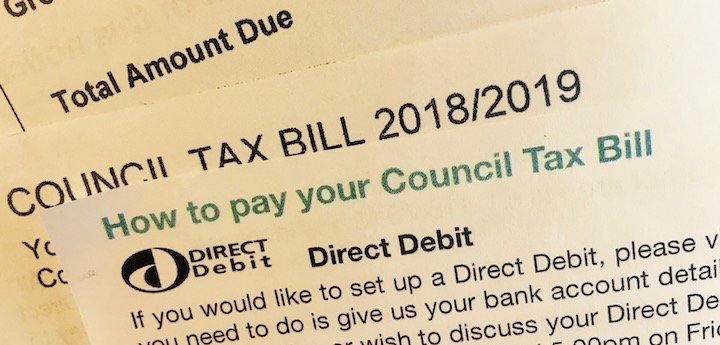The Importance of Council Tax and Its Impact on Communities

Introduction
Council Tax is a vital component of local government funding in the United Kingdom, initially introduced in 1993 to replace the Community Charge. This property-based tax is levied on residential properties to help fund local services, such as education, transport, and social care. As local authorities face financial pressures, understanding the workings and implications of Council Tax is essential for residents and voters alike.
Current Developments and Trends
Recent updates from various local councils indicate an increasing trend of rising Council Tax rates across England, Scotland, and Wales. According to data from the Office for National Statistics, the average band D Council Tax in England has risen to £1,966 for the 2023-2024 financial year, an increase of approximately 5.1% from the previous year. This rise is partially attributed to councils attempting to mitigate budget cuts while maintaining essential services in the face of inflation and growing demands.
Several councils, such as Westminster and Hampshire, have implemented even steeper increases. New legislative measures allow local authorities to impose additional increases without requiring a local referendum if they stay within certain limits, putting pressure on residents who may already be feeling squeezed by the higher cost of living.
The Implications for Residents
The rising Council Tax rates have sparked concerns among residents, especially those on a fixed income or in lower income brackets. Various organisations, including Citizens Advice, have reported a significant increase in inquiries regarding Council Tax payments and how to manage rising bills. Council Tax Reduction schemes are available for eligible residents, offering rebates based on income and circumstances, yet many individuals remain unaware of their options.
Moreover, disparities in Council Tax rates can be seen across different regions, with urban areas often facing higher rates than rural counterparts. This raises questions about the fairness of the system and its effectiveness in addressing local funding needs.
Conclusion
As the financial landscape continues to evolve, Council Tax remains a pivotal issue for local authorities and residents alike. Understanding the mechanisms behind Council Tax and being aware of the available support can empower individuals and communities to advocate for fairer solutions. In light of the current financial climate, it is crucial for residents to stay informed about Council Tax changes and engage with local councils to ensure their voices are heard in discussions about fiscal policy and resource allocation.







